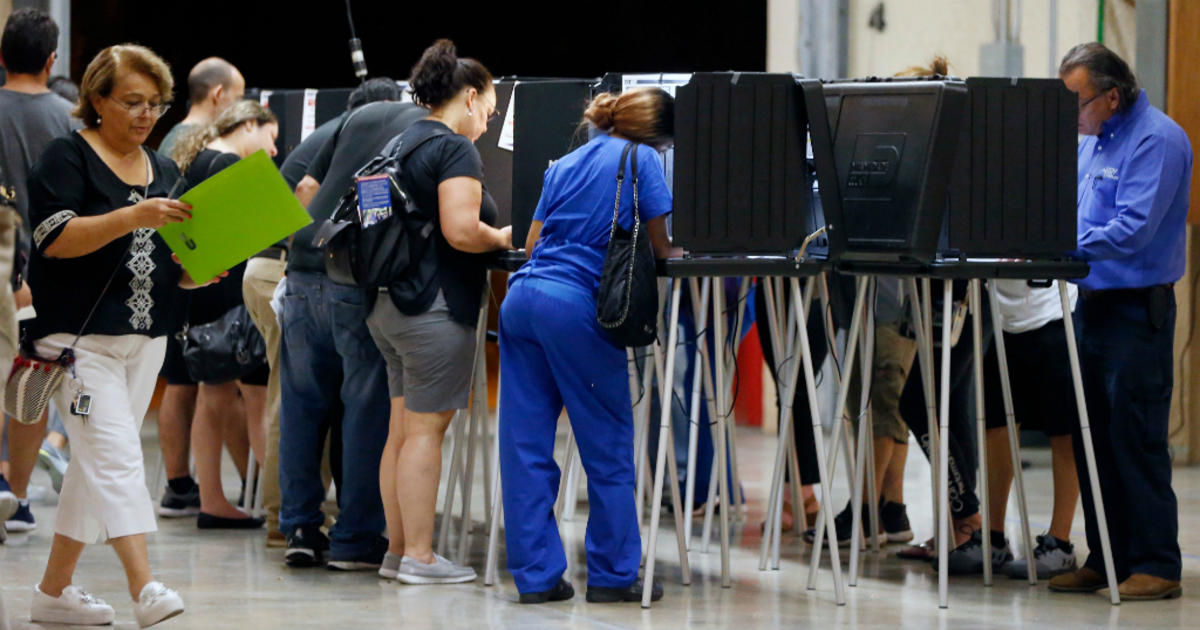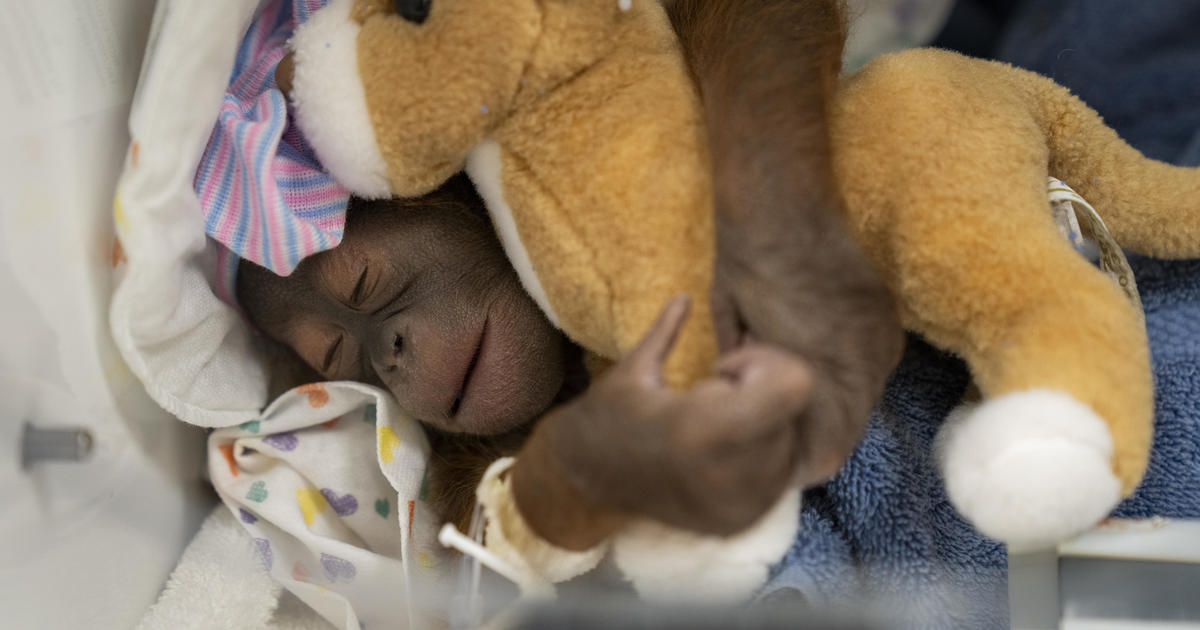Gene Scans For Newborns Raise Privacy, Discrimination Questions
Follow CBSMIAMI.COM: Facebook | Twitter
MIAMI (CBSMiami) -- Genetic counselors are offering new parents a controversial peek at their baby's future health. It's part of a landmark study that could lead to gene scans for all infants at birth.
By law, every newborn in America gets a blood test for about 30 conditions including cystic fibrosis and sickle cell anemia. A trial underway at Brigham and Women's Hospital uses genomic sequencing to screen for about 1,800 conditions, including some cancers.
By testing babies long before they show symptoms, doctors hope it may be possible in some cases to start treatment early, which could save lives and prevent suffering. But the testing also raises questions of privacy and discrimination.
The day after their daughter, Cora, was born, Lauren Stetson and her husband Kyle got an unexpected visit from a genetic counselor.
"I was in full recovery mode, as in, 'I don't care about anything'," Lauren Stetson said.
The visitor offered a free DNA scan for Cora, a scan that the Stetsons learned could reveal disease-causing variations in their daughter's genetic code.
"I was just trying to make it through the day. So that was definitely something that was a little shocking," Stetson said.
Baby Cora is now one of the first healthy kids in America to have had her genome searched for hidden problems. Doctors found a partial biotinidase deficiency, something that Cora showed no outward signs of having. Had it not been detected, it could have caused a permanent drop in her IQ.
Dr. Robert Green, medical geneticist at Harvard and co-director of the BabySeq Project, which enrolled Cora and is now recruiting hundreds of other families.
Green said you could "absolutely" potentially save a child's life through the scan.
But Green is also warning families about the risks including breaches of privacy and genetic discrimination.
"We can't predict what kind of discrimination is going to be occurring by the time your child grows up," Green said. "We can't predict whether there's some sort of privacy breaches, this information gets out and is used against your child in some sort of future scenario. And we, most importantly, we can't predict the information's accurate."
Many genetic variations turn out to be harmless and, even if not, most of the conditions Green's team is looking for still have no cure.
Baby Cora is beating her condition thanks to a daily vitamin mixed into some yogurt. Yet, about nine out of 10 families approached by Green and his team have declined the testing.
"People are distrustful of information gathering. They're hearing about all these break-ins and hacks," Green said.
Green believes the fear is temporary, and before long, most Americans will feel much like the Stetsons already do.
"I always think that more knowledge is power," said Lauren.
BabySeq is part of a $25 million effort funded by the National Institutes of Health. The genetic data collected will be housed in an academic lab and participants consent to having it uploaded to a federal database for possible future research.
The first results of the current study, expected in the next couple of years, will help doctors and lawmakers decide how to use this technology responsibly.



